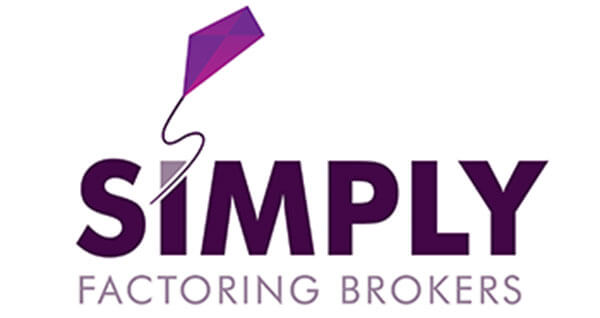Stop Applications for Payment Holding You Up!
Despite the seemingly fast paced nature of the construction industry, there’s no denying that when it comes to payments, things move a little slower than you might expect. It’s not uncommon to find yourself waiting weeks, months or even years for full payment from a client, particularly on bigger or lengthier projects. So how do you stop applications for payment holding up your projects?
What Exactly Are Applications for Payment?
If you find your firm working on a major new project, one that you’re proud to have won, chances are that applications for payment will affect you. Applications for payment set out the work you’re expected to do, when it should be completed by and when you’ll be paid for the work. You could be paid upon completion of the project, or you could receive interim payments; both these options can lead to cashflow issues, particularly for smaller, less well-established companies. Waiting for payment after a project has been completed can prevent you from moving onto the next bigger and better project.
What Cashflow Problems Can Affect Construction Firms?
Construction companies of all sizes could struggle with a range of cashflow problems. For example, if you haven’t yet been paid for a large project, you could struggle to pay your contractors what they have earned, or find it difficult to cover your existing debts and bills. Cashflow issues can cause delays in project completion too, as you may struggle to cover the cost of building supplies if you’re waiting on payments.
This can affect your company’s reputation, as you could find yourself unable to complete the work you have promised to the agreed deadline. Tax and VAT payments to HMRC should be considered too; these need to be paid regularly and on time. Ultimately, cashflow worries impact your business in a number of ways, leaving you less time to tender for new contracts and grow your business.
What’s the Solution?
Bank loans may seem like an obvious solution, but smaller companies or start-ups may struggle to pass the underwriting stage when applying, and not everybody wants to risk their business by taking on more debt. Construction factoring is a low-risk solution which can stop applications for payment holding up your projects and ease cashflow concerns, ensuring you meet your business commitments.

What Is Construction Factoring and How Can It Benefit My Company?
Construction factoring basically minimises cashflow problems by releasing the funds tied up in your unpaid invoices. Larger projects in the building trade often use JCT contracts, which can contain clauses that could mean as much as 5% of your contract’s value is held until Practical Completion is reached. It’s not uncommon to wait years for payment after sub-contract works are completed.
Construction factoring simply eliminates this waiting period, releasing funds prior to Practical Completion, so you can pay your contractors and have enough cash left over to cover your building supplies costs, debts, bills and other outgoings. There’s the option to outsource credit control too, which can reduce your overheads.
Those working with smaller customers have the ability to add bad debtor protection, for peace of mind. Your customers don’t necessarily need to know you’re working with a factoring company either; if you choose to manage your own credit control using invoice discounting, no notification will appear on your client invoices, ensuring complete confidentiality.
Is Construction Factoring Right for Your Company?
Whether you’re a start-up or a small company undergoing rapid expansion, construction factoring is a great option. If the idea of taking on more business debt doesn’t appeal, it’s a low-risk way to eliminate cashflow worries, and has numerous benefits for your business. If you’d like to find out more about construction factoring, you can contact Simply Factoring Brokers for advice at any time. Just call us on 0333 772 1558, or if you prefer, drop us an email at contactus@simplyfactoringbrokers.co.uk.


